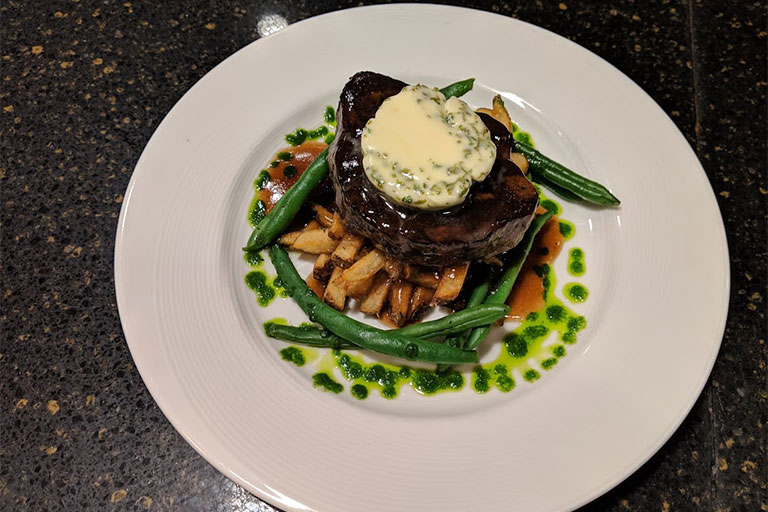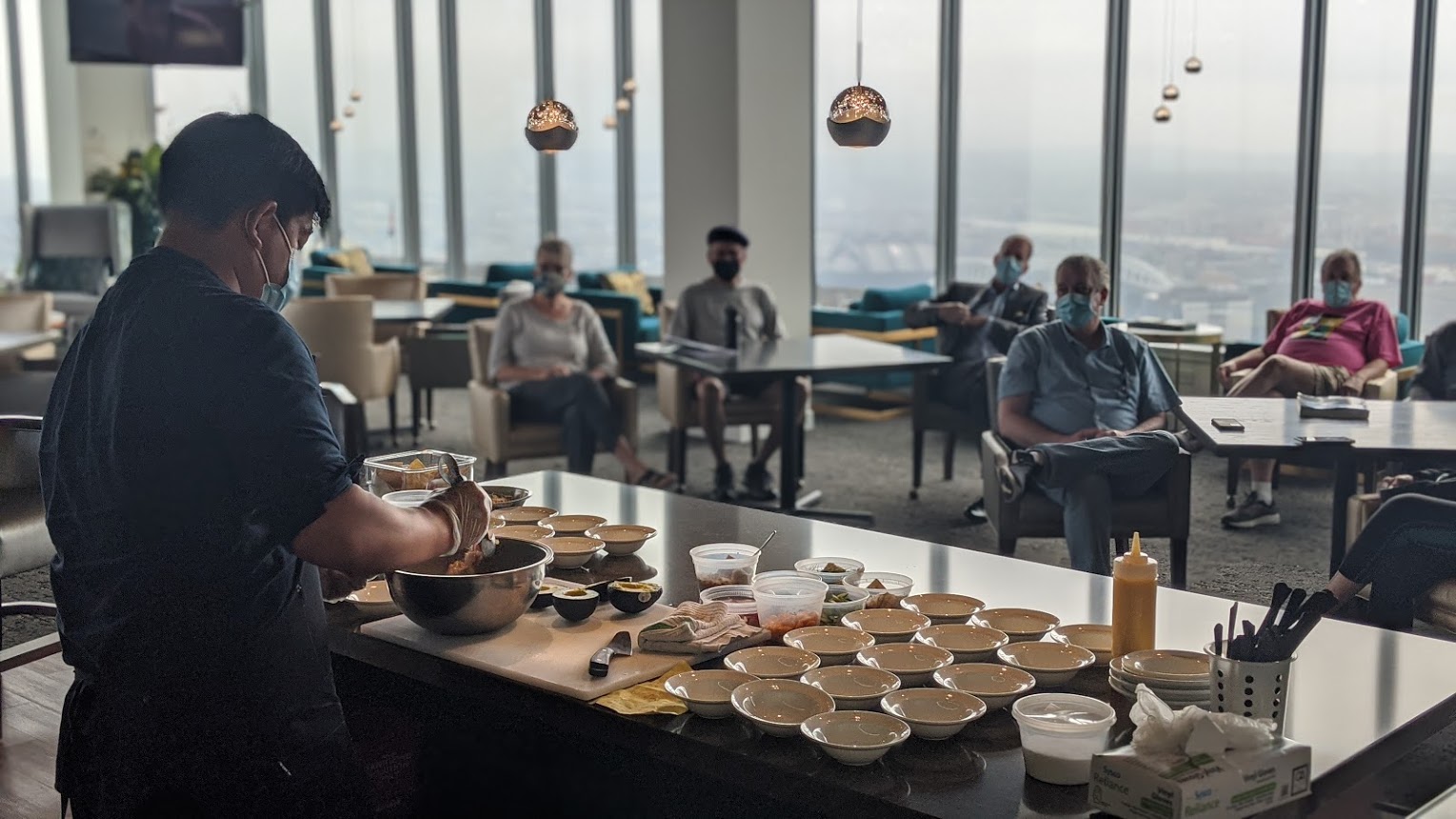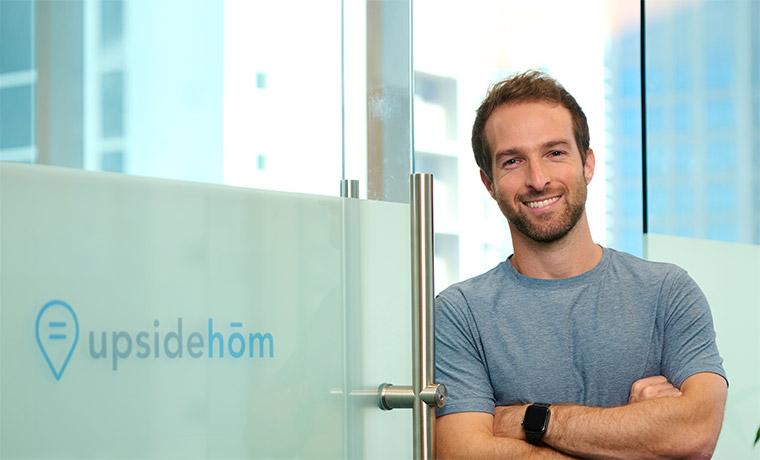
Christian Living Communities Builds Belonging into the Fabric of Its Organization
By Pam Sullivan | May 2, 2024
Editor’s Note: This article was written and submitted by senior-living executive Pam Sullivan. If you are a senior-living executive at a community with an idea for an article that you’d like to write and publish in Senior Living News you’re welcome to submit your written article or idea to our editor, Jim Nelson, at jnelson@seniorlivingnews.com. We welcome all ideas, including but not limited to, staffing recruitment and retention solutions, addressing the middle market, and successful new programs or technology.
The senior living field has renewed its focus on diversity, equity, and inclusion in recent years, purposefully striving to improve its workforce and resident practices. Although these efforts and initiatives aren’t new, the focus and intentionality behind the “B” in DEIB (diversity, equity, inclusion, and belonging) takes our efforts one step further.
Starting With a Solid Foundation
Just like people, organizations evolve.
At Christian Living Communities, our founding values have always encompassed the principles of belonging and the basic human need to know that each of us, as residents and team members, are honored, included, valued and respected. This respect comes not despite our differences, but because of them. To better communicate this culture, we decided to engage in the process of adding a fourth organizational value: We! Belong.
We found that framing our efforts under the value of belonging, which is a facet of inclusion, allowed us to break through some of the roadblocks to transformation. Everyone, regardless of politics, seems to agree that each person has the right to experience belonging and to have equity in access to opportunities.
We began this journey in partnership with Marsha Wesley Coleman, a DEIB consultant and the director of learning and development with Friends Services Alliance. The first step to adding “belonging” into CLC’s core values was to develop a dedicated task force to implement new efforts in this space. We also engaged with Amy Alarcon, the director of training at CLC, to start work with the senior leadership team.
Our goal was to intentionally add We! Belong to our We! Value statements, which included truly understanding the “what” and “how” before fully adopting and rolling out our new value.
Expanding a Culture of Belonging and Inclusivity
We have a yearly leadership summit at Christian Living Communities where we bring together community and organizational leaders. We knew that this would be a great place to introduce a guide to what “belonging” is and roll out this initiative to the Board of Directors. Because our core values are not just words on paper — they inform everything we do — we wanted everyone to fully understand what adding “belonging” meant.
Marsha began with the Guide to DEIB, an interactive session where participants were broken into smaller groups, learned more about the diversity wheel, and looked at questions such as, “What is culture?” The feedback and engagement were so positive that we also began rolling out this training and discussions to other team members after the summit.
The next step of the process was a Belonging Summit, which included people from all levels of the organization with different backgrounds and demographics. Engaging every population at CLC was intentional. We tapped into leaders and direct-care partners’ experiences to fully understand and model the true meaning of belonging.
Together, with guidance from Marsha, we worked through the questions of ‘What does belonging really mean to us?’ and ‘What do we want the organization’s future to look like?’ Throughout the Belonging Summit, people talked about areas they felt could be improved at CLC, environmental barriers, and available opportunities to advance their learning. The summit was designed to ensure there was a chance for each person to feel a true sense of inclusion by providing a forum to share stories and experiences.
“By the end of the day, you could see people open up and take the time to share their different experiences. People from all backgrounds felt comfortable voicing what they liked, what was working, and what would allow people of diverse backgrounds to advance in the organization and feel heard,” Marsha shared.
Implementing the Initiatives
The engagement and responses from the team members and residents inspired our leadership team at CLC. After seeing the outcome of the Leadership Summit and the Belonging Summit, we felt confident in moving forward with two tangible changes to our organization. First, we added the core value of We! Belong to emphasize that CLC decisively creates communities where each person feels wanted, valued, represented, and like they can contribute to the heart of our organization — to feel they truly belong.
CLC also developed a “We! Belong” task force, including representatives from both the support office and communities who meet regularly. Marsha helped us shape the role of this diversity task force, guiding our organization to develop a realistic scope, to understand our responsibilities versus the board and leadership team, and to encourage the group to bring new ideas to the table. This group now runs independently.
At the same time, our organization continues our work to ensure that residents living with dementia and/or frailty can find belonging and inclusion in our organization.
Going through this process helped remind us of the impact that efforts in diversity, equity, inclusion, and belonging can have on our organization. Sustaining a culture of belonging is part of CLC’s commitment and a value we intend to uphold. If your organization has made a similar commitment to DEI, I encourage you to explore adding “B” to your initiatives, too.
This interview has been lightly edited.





